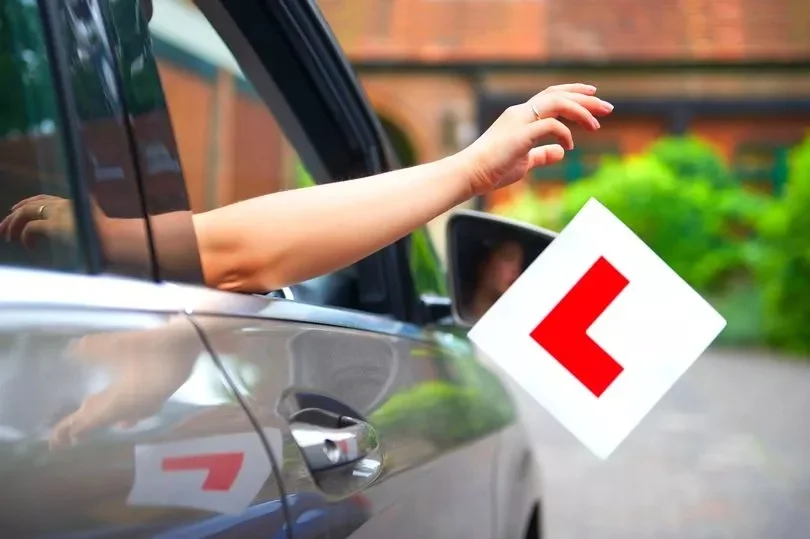Ireland is tightening its driving laws to close a loophole that allowed learner drivers to repeatedly renew their learner permits without ever taking a driving test. The new regulations come in response to alarming data revealing that over 290,000 motorists in Ireland are driving on learner permits, with more than 27,000 of these drivers still on a permit after 11 to 20 years.
New Driving Laws for Learner Drivers
Until now, learner drivers could renew their permits by simply booking a driving test, enabling some to continuously renew their permits indefinitely without actually taking the test. However, this loophole is set to close under a new policy approved by Transport Minister Eamon Ryan.
Under the new regulations, learner drivers will only be allowed to drive on a third learner permit if they have taken a driving test. This policy aims to ensure that all motorists gain the necessary skills and qualifications before driving independently on Irish roads.
Impact on Road Safety
The move to enforce stricter regulations for learner drivers comes after road safety groups, including Parc, have been advocating for change since 2013. The urgency to address this issue escalated when it was revealed that 15 learner drivers were involved in fatal collisions last year, 14 of whom were unaccompanied at the time of the accidents.
With the new policy, learner drivers must sit for a driving test after their third permit to obtain a replacement. Simply applying for a test will no longer suffice; a new learner permit will only be issued if the individual has actually taken the test.
Implementation and Future Plans
The policy has been forwarded to the Road Safety Authority (RSA) for implementation, which will necessitate changes to existing IT systems. A phased introduction of the new system is planned for later this year, ensuring a smooth transition for all involved.
This policy change is part of a broader effort to enhance road safety in Ireland. To date, 109 people have died on Irish roads this year, an increase of 17 fatalities compared to the same period last year, marking an 18.5% rise.
